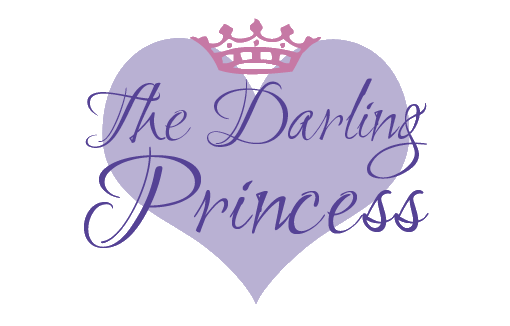
Words Are Not Enough
Words are not enough to fully understand one another. On occasion, text conveys perfectly, but most often body language, facial expressions, and other context clarifies. The best communication involves a multi-sensory experience.
Blogs and Books
Blogs and books may be excluded, because the length of text is afforded. If you give me enough room, I can make my point clear. A book, blog, or long-form article gives enough substance to overcome ambiguity. The author is able to elaborate on each aspect of the point.
In general, these are forms of one way communication, though. The author states their case and even if there are comments allowed, they are after the fact or in response to the whole. Occasionally, I see highly interactive online long form.
With sensitive issues; the right to life or the right to liberty, for example, weighty arguments are needed. Whole books are written on each and many of them. The clarity of the stand may be summed up in a thesis statement or a basic premise, but the ethical, moral, and societal implications should be addressed.
Social Media
Social media platforms are privately owned. They are not free. Just as books, blogs, and articles, the content resides on a platform that is paid for by someone. We agree to the terms set forth by that someone, usually an entity, with the rights afforded to persons by law. The terms dictate the parameters of our conduct on their platform.
So, x number of characters and x specifications for media, such as photos or video are enumerated. The authors, you and I, are bound by the constraints of the technology, as it is set up.
Some of the largest of the platforms have established gatekeepers. They allow or disallow content at their discretion. I have not read all of the fine print for many years, but to be sure, their developers have figured out how to couch it in terms that would buffer them from any and all litigation. It is self preservation.
These constraints often demand ambiguity, especially with unfamiliar audiences or hot topics. . Sarcasm may be lost. A recent example during the confirmation of Judge Kavenaugh is worth noting. I don’t think most of us will ever know whether the author of the Tweet was using sarcasm or if entirely delusional, she thought his life was ruined. Soon after a ridiculous statement by the POTUS, a Ukulele singer retorted in a satirical song about safety. I listened and was saddened, asking myself what world she lived in.
Propaganda
Propaganda is a term that denotes a certain psychosocial manipulation. It is communication that steers listeners or readers in a direction. If we are not carefully employing critical thinking, we may fall for propaganda.
Recently, a number of articles were circulated about women being subject to the death penalty if they submitted to abortion. Unwittingly, some became outraged and shared the erroneous claims, inflaming many, paining pro-life advocates as… oh… I don’t know… insane or barbaric or somehow, evil.
The damage is often done in the first strike. Kind of like a Trojan Horse, once the gate is open, destruction is inevitable. People will remember the first wrong information much more than they will remember the correction, after. This is a basic tactic of those who would distort the truth. Intentional or not, it works. Emotional response to information triggers chemical changes in our brains, helping us remember. After the fact, when we are calm, it may not stimulate as much.
Face to Face
Even if the person conveying the information is up on a stage, speaking in another form of one-way communication, there is a larger capacity for clarity. The audience can read the person’s body language, facial expression, and his or her energy.
In a small setting, we are usually given the chance to more fully evaluate the ideas of the people we are communicating with. Of course, some people can and do present false information. Psychopaths are master manipulators. They have certain abilities to cover their hateful indicators and appear friendly, like the Trojan Horse. Stay alert and think about what is being communicated, by whom.
Words are not always enough to convey the true meaning of communication. We all need critical thinking. Knee jerk reactions to headlines are not only bad for us, because we create bad neurochemical responses in our bodies, but also because we tend to share them and perpetuate the same among other people.
Trust, but Verify
I have a residential property management company. At one time I had a more rental units, now only three. During turnovers, when evaluating applications, I would always try to get to meet the people more than once and always called references, but even then, some people really raked us over the coals.
It’s been a difficult business. We’ve lost more than we’ve made in terms of money. We always put people above profits. Sometimes, it’s quickly revealed that someone will not keep their end of the Agreement, but other times we find out too late after too much trust has been extended. Some business owners do multiple interviews, creep social media, look into their cars, do background and credit checks, and may even check out their home and work before doing business with them.
I have a system, but still get burned on occasion. Do you have a system for getting to know people and developing trusting relationships?



